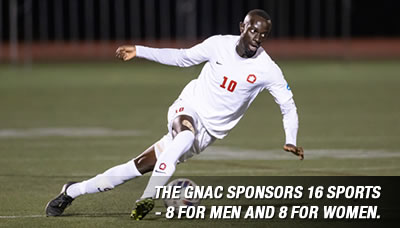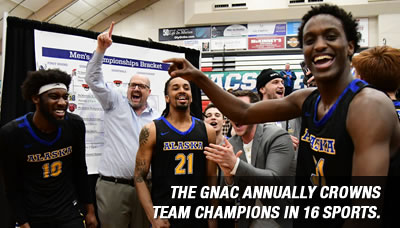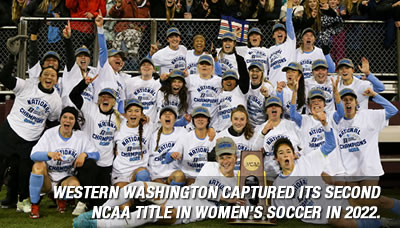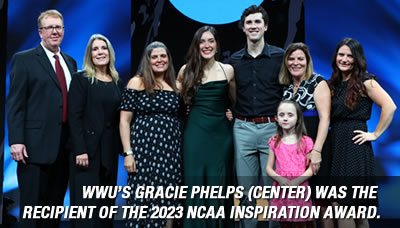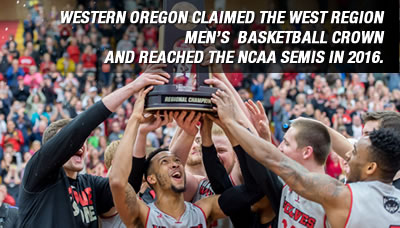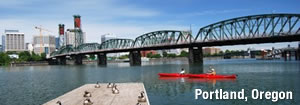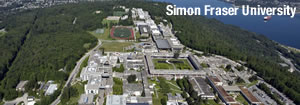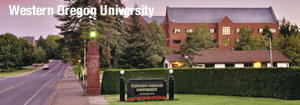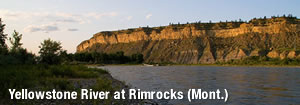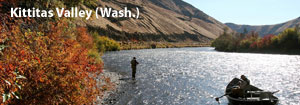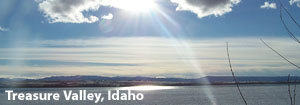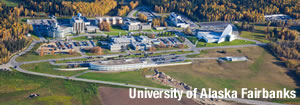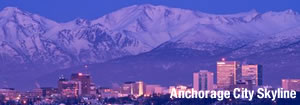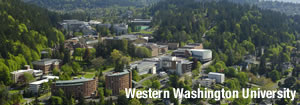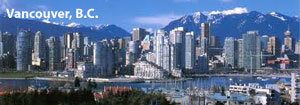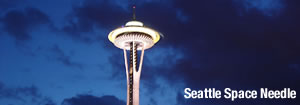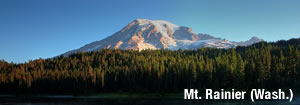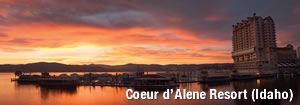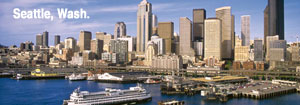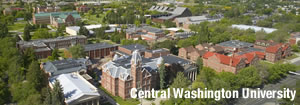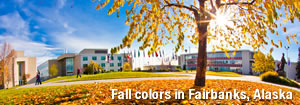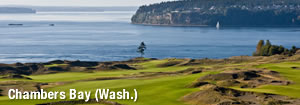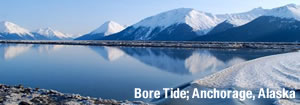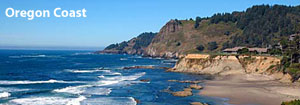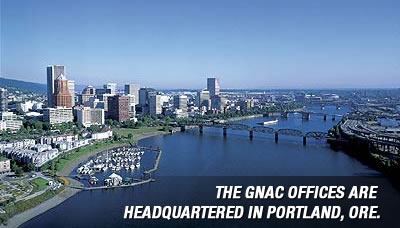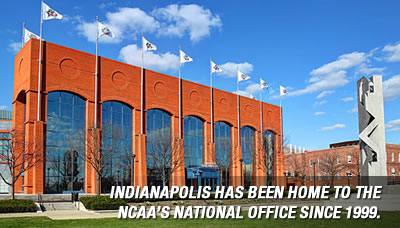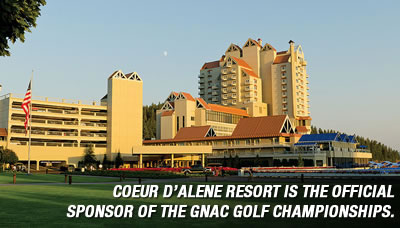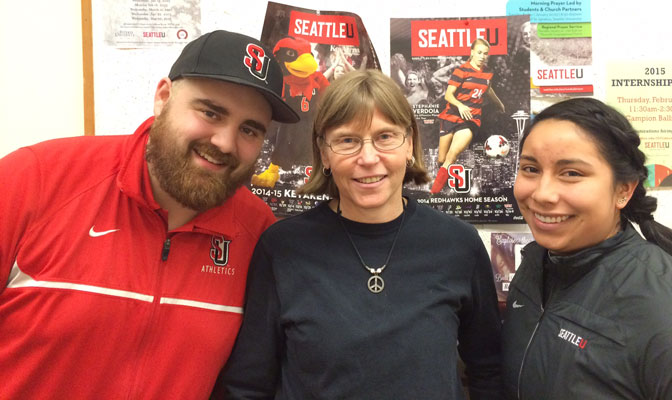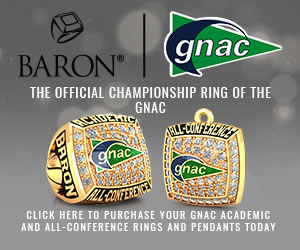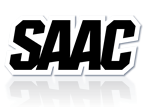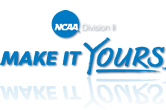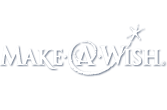Thursday, January 15, 2015
The second annual “Women in Sports” career seminar, presented by the Great Northwest Athletic Conference, will be held Saturday, Jan. 24 in Portland, Ore.
Designed for college and high school females interested in pursuing sports-related careers, the seminar will take place in the Georgia Pacific Room at Memorial Coliseum.
The event will feature panelists from a broad cross-section of occupational paths, including coaching, administration, business, marketing, media, media relations, NCAA compliance, sports medicine, ticket sales, and officiating. Attendees will have an opportunity to interact with -- and seek career advice from -- a slate of experienced sports professionals in a round-table format.
Below is a profile on a panelist who will be featured at this year's event.
Maylon Hanold, Seattle University
Instructor, Sport Administration and Leadership
Name: Maylon Hanold
Colleges attended:
- University of Washington
- Harvard
- Seattle University
College major:
- BA French
- EdM Education
- EdD Leadership & Sport
Current position: Instructor -- Sport Administration and Leadership, Seattle University
Years in current position: 6 years
Primary job responsibilities: Teaching is my primary responsibility. I teach sport sociology, leadership development and management. My other main responsibility is conducting research in sport. My primary focus is on women in sport leadership. I also supervise graduate student research projects in sport, including a wide variety of topics such as sports media, leadership and organizational effectiveness.
Things I enjoy most about my job: I enjoy helping graduate students develop their leadership skills so that they can go forth and contribute positively to any sport organization in which they want to work.
First job in the sports industry: I worked as a ski mechanic in a specialty outdoor shop.
Previous jobs in the sports industry: I worked as a sea kayak instructor for various organizations, helping develop programs. I also coached the US National Junior team in whitewater slalom for three years post my own career as a US Team member and Olympic athlete in 1992.
A key mentor who helped me on my career path: Pirkko Markula was on my dissertation committee and remains a positive influence today.
Most influential person in my early professional development: Eric Munshaw was a good friend and served as my primary confidant when training for the Olympics. Eric introduced me to new ideas all the time. When I wanted to try something new or radical as far as training went, he always supported me. He was a sounding board. Everything I learned during my 11 years as an athlete serves me well in my daily life and profession.
How I got involved in my professional career: I've always loved teaching, and for me it was a matter of being able to give back to sport in a way that I could. I loved coaching, but I couldn't make a living coaching whitewater. I think of my work now as a professor as coaching graduate students to work in sport.
Biggest hurdle I overcame breaking into the sports industry: Academia's hurdles are getting the degrees.
Key attributes that have helped shape my career path: Most important attributes are being able to be present, positive thinking and compassion. These skills help me work with others at my highest capacity. In addition, perseverance and organizational skills are fundamental to my success.
Knowing what I know now, the one thing I would do differently in college to help me on my career path: I wouldn't do anything differently. I think that in today's world, broad thinkers and varied experiences are critical to solving today's issues in any organization.
Best advice I’d give to a young female wanting to work in sports: Develop good relationships with people. Do everything you do to the best of your ability, which means do a few things well and don't try to take on too much that results in spreading yourself too thin. Don't worry about the future. Do what feels right at every fork in the road, and the future will take care of itself.
If I could spend the day with one person (past or present), who would it be? Donna Ladkin, cutting edge leadership expert, to talk more about physicality and leadership -- and ways of researching these intangible aspects of leadership.
Favorite sports team: I don't have a favorite sports team.
Favorite athlete: Nikki Kimball, ultrarunner.
Most memorable sports-related moment: Making the US Olympic Team in 1992.

